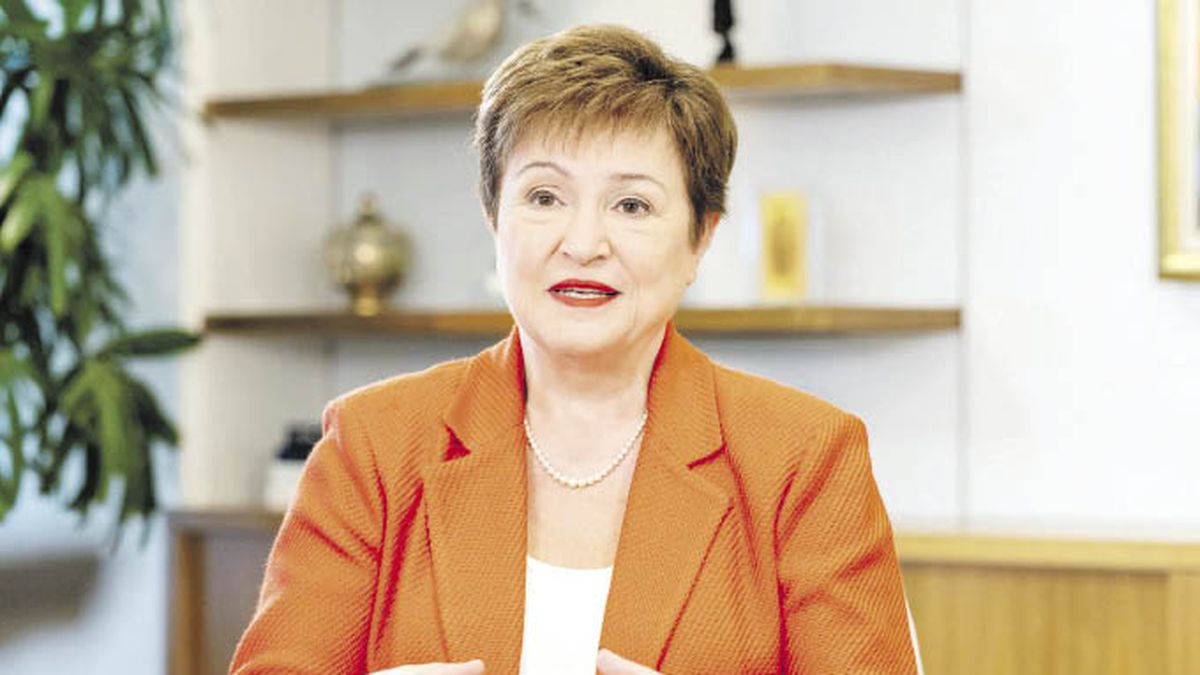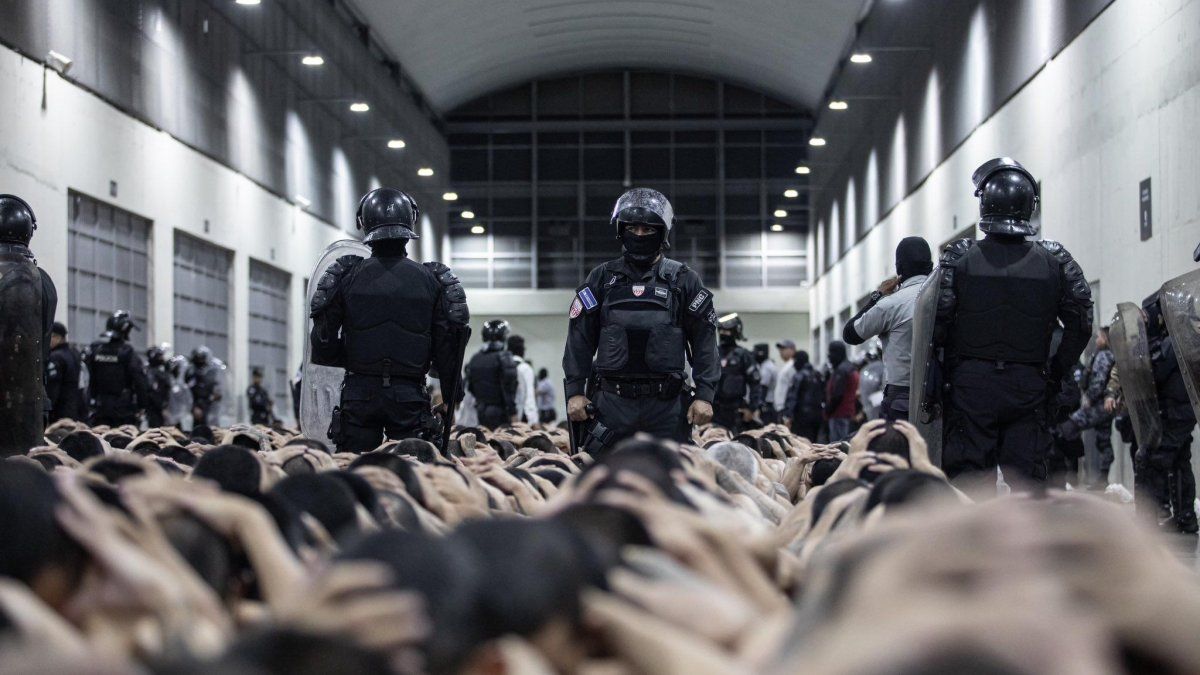Negotiators from the White House and Republicans in Congress are trying to resolve the deadlock in which the increase in the limit of the public debt of the United States, which amounts to 31.4 trillion dollars, has been in for months, with which the country faces the risk of default in just nine days.
During a press conference in London, Georgieva said that a default by the United States would hurt both the US and world economies, which would provide a powerful incentive for negotiators to reach an agreement.
“We have seen historically that the discussions about the debt ceiling in the United States have always been quite tense, but they have always come to solutions”said the head of the IMF.
In that sense, he added: “We’ll see how far this will take the last hour. Let’s hope we don’t have to wait that long.”.
Georgieva was in London to present the IMF’s annual assessment of the British economy, which she now hopes will avoid a recession but continue to suffer from high inflation and subdued growth in the near term.
Republicans acknowledged that there is little progress in negotiations with the White House on the debt ceiling
After the meeting between the president of the United States, Joe Biden, and the president of the House of Representatives, Kevin McCarthy, ended without reaching an agreement on how to raise the limit of the government’s debt, the Republicans acknowledged this Tuesday that they were making little progress in negotiations with the White House, less than ten days away from falling into a possible default.
The advisers to President Biden and McCarthy will meet again on Tuesday, according to the main negotiator for the speaker of the House of Representatives.
Both parties remain deeply divided on how to curb the federal deficit, with Democrats arguing wealthy Americans and businesses should pay more taxes, while Republicans want spending cuts.
congress usa.jpg
The US Congress decides in case of a tie.
The Treasury Department has warned that the federal government could no longer have enough money to pay all its bills as of June 1, triggering a default that would hit the US economy and raise borrowing costs.
Republican negotiator Garret Graves said he had seen little progress: “I don’t think things are going well”Graves told reporters.
“They refuse to really change the trajectory, to really cut spending, and that’s a red line.”he concluded.
Biden and McCarthy emerged from a meeting on the debt ceiling Monday night speaking of the need to find a bipartisan compromise, even clinging to policies that expose divisions between the two parties.
Biden and Democrats want to freeze spending in fiscal year 2024 at the levels adopted in 2023, arguing that would represent a cut in spending because agency budgets will not adjust for inflation. The idea was rejected by Republicans, who want spending cuts..
While Biden wants to cut the deficit by raising taxes on the rich and closing tax loopholes in the oil and pharmaceutical industries. McCarthy stated that increasing revenue is not effective: “I don’t think it’s a revenue problem. It’s a spending problem”McCarthy said.
Unless Congress raises the debt ceiling and allows the federal government to borrow money to pay its bills, the United States could default on its obligations for the first time in history, which could send the country into a recession and plunge the World financial markets in chaos.
Any agreement to raise the limit must be approved by both houses of Congress, so it depends on bipartisan support. McCarthy’s Republicans control the House 222-213, while Biden’s Democrats hold the Senate 51-49.
Source: Ambito




